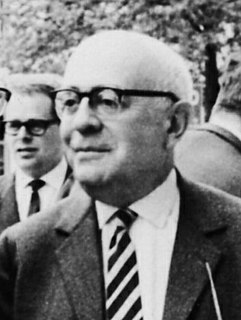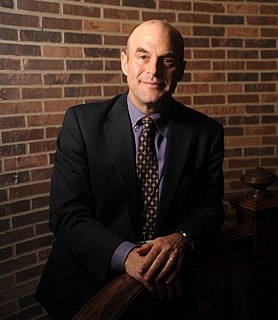A Quote by Gilbert K. Chesterton
I should say that psycho-analysis was confession without absolution.
Quote Topics
Related Quotes
The division of the psychical into what is conscious and what is unconscious is the fundamental premise of psycho-analysis; and it alone makes it possible for psycho-analysis to understand the pathological processes in mental life, which are as common as they are important, and to find a place for them in the framework of science.
What psycho-analysis reveals in the transference phenomena of neurotics can also be observed in the lives of some normal people. The impression they give is of being pursued by a malignant fate or possessed by some 'daemonic' power; but psycho-analysis has always taken the view that their fate is for the most part arranged by themselves and determined by early infantile influences.
Candlesticks and incense not being portable into the maintop, the sailor perceives these decorations to be, on the whole, inessential to a maintop mass. Sails must be set and cables bent, be it never so strict a saint's day; and it is found that no harm comes of it. Absolution on a lee-shore must be had of the breakers, it appears, if at all; and they give plenary and brief without listening to confession.
In the theory of psycho-analysis we have no hesitation in assuming that the course taken by mental events is automatically regulated by the pleasure principle. We believe, that is to say, that the course of those events is invariably set in motion by an unpleasurable tension, and that it takes a direction such that its final outcome coincides with a lowering of that tension that is, with an avoidance of unpleasure or a production of pleasure.
It is by far the most elegant worship, hardly excepting the Greek mythology. What with incense, pictures, statues, altars, shrines, relics, and the real presence, confession, absolution, - there is something sensible to grasp at. Besides, it leaves no possibility of doubt; for those who swallow their Deity, really and truly, in transubstantiation, can hardly find any thing else otherwise than easy of digestion.

































